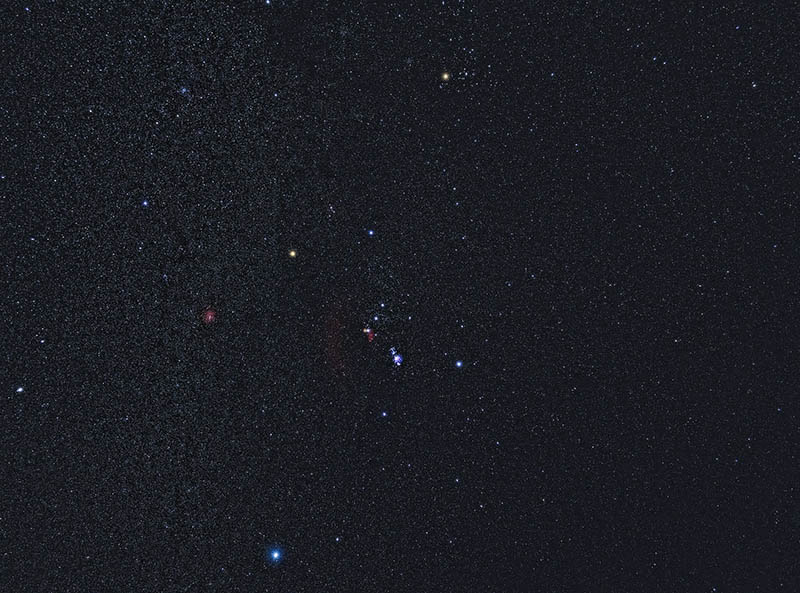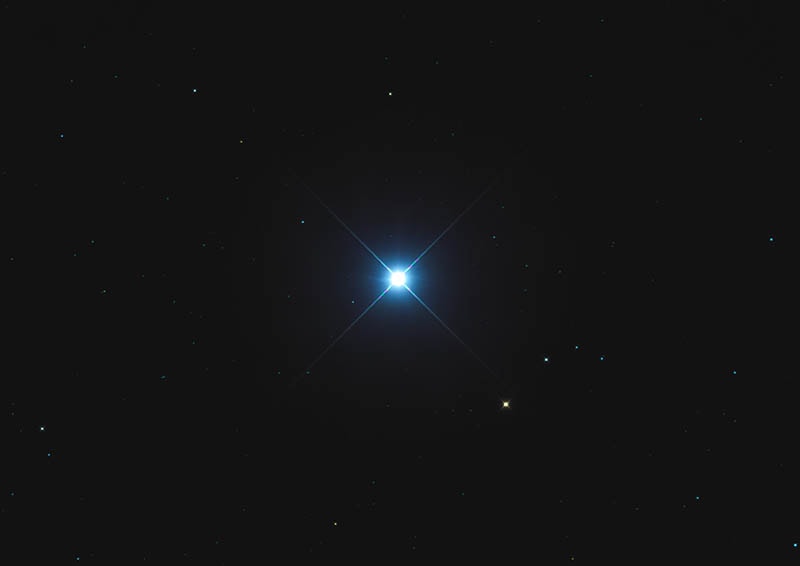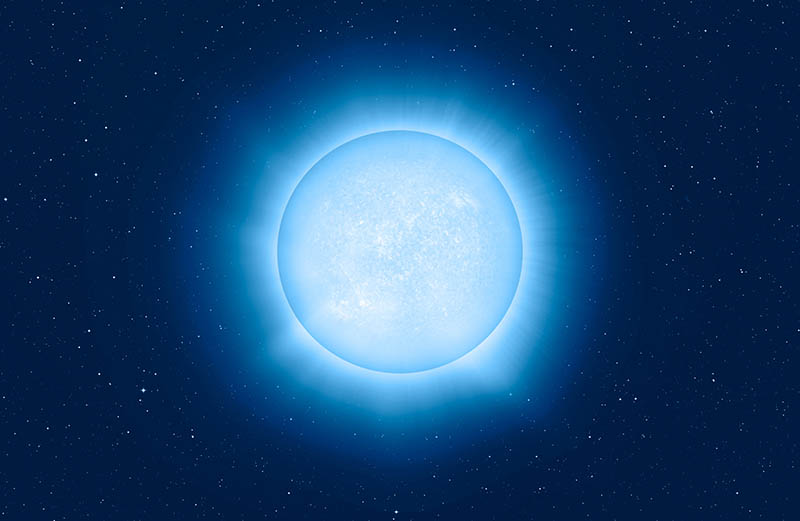What Is the Brightest Star in Earth’s Night Sky? The Fascinating Answer!
Last Updated on

The universe is full of celestial objects that we have studied for centuries. Civilization has long been fascinated by how stars seem to twinkle up above, with some being so bright that we might wonder how this came to be. When you look into the night sky, you might see an object that seems brighter than others. So, what is the brightest star in Earth’s night sky?
Before we answer, you should know that some bright lights in the sky may look like stars, but some are actually planets or even galaxies. Also, objects are measured by calculating their ‘apparent magnitude’, which dictates how bright they are in the sky in relation to their distance to here on Earth. If we’re talking strictly about stars outside of our solar system, then the most luminescent one is called Sirius A, better known as the Dog Star.
We’ll explain more in the next section about this star and what makes it so bright, so keep reading!

Things to Know About Sirius A
Funny enough, this star was titled Sirius A because the term comes from the Greek word for “glowing”. Sirius A has an apparent magnitude of approximately -1.46. But wait, wouldn’t a negative number mean a dim object? Contrary to what some might think, a lower number means that an object is brighter in the sky, so Sirius stands out much more than other stars. Only our own Sun has a greater brightness in the sky, but that doesn’t really count because we’re only discussing stargazing, and it’s a lot closer to us! However, our Sun wouldn’t even come close to Sirius A’s size.
You might ask why we keep putting an ‘A’ after the star’s name. That’s because there is actually a Sirius B, its little sibling. Sirius A and B both sit in the same system and exist in harmony. However, Sirius B is a lot less bright compared to its companion.

What’s the Second-Brightest Star in Earth’s Night Sky?
After the Dog Star, the next-closest star in terms of luminance goes to Canopus, the centerpiece of Carina, a sector of the Argo Navis constellation. Canopus is about 10,000 times brighter than our Sun and has a far hotter surface as well.

What’s the Brightest Star in the Universe?
At 256 times larger than the Sun, R136a1 (that’s a mouthful!) is the brightest star known to date, with an apparent magnitude of -12.6. However, this could be overthrown if we find bigger stars with new technology.

What Makes a Star Bright?
The luminosity of a star is determined by how close it is to the observation point, in addition to the type of star that it is. Dwarf stars typically aren’t very bright because they are quite small and do not produce the same amount of energy that other stars do.

Conclusion
We hope you gained some knowledge about the brightest star in Earth’s night sky. Learning a bit more about our galaxy can make you appreciate the world around you as well as above you. Happy star gazing!
See also:
Featured Image Credit: Marc Sendra Martorell, Unsplash
About the Author Robert Sparks
Robert’s obsession with all things optical started early in life, when his optician father would bring home prototypes for Robert to play with. Nowadays, Robert is dedicated to helping others find the right optics for their needs. His hobbies include astronomy, astrophysics, and model building. Originally from Newark, NJ, he resides in Santa Fe, New Mexico, where the nighttime skies are filled with glittering stars.
Related Articles:
What Is the Best Binocular Magnification for Hunting? Optical Features Explained
Can You Use Binoculars to Look At Stars? How to Choose the Right Pair
15 Crucial Facts About Ultraviolet Rays & the Sun
What Constellation Is Spica In? The Interesting Answer!
10 Interesting Leo Constellation Facts, Myths, and FAQs
15 Interesting Pegasus Constellation Facts, Myths, and FAQs
6 Interesting Sagittarius Constellation Facts, Myths, and FAQs in 2024!
What Are Constellations? Where Did They Come From?
